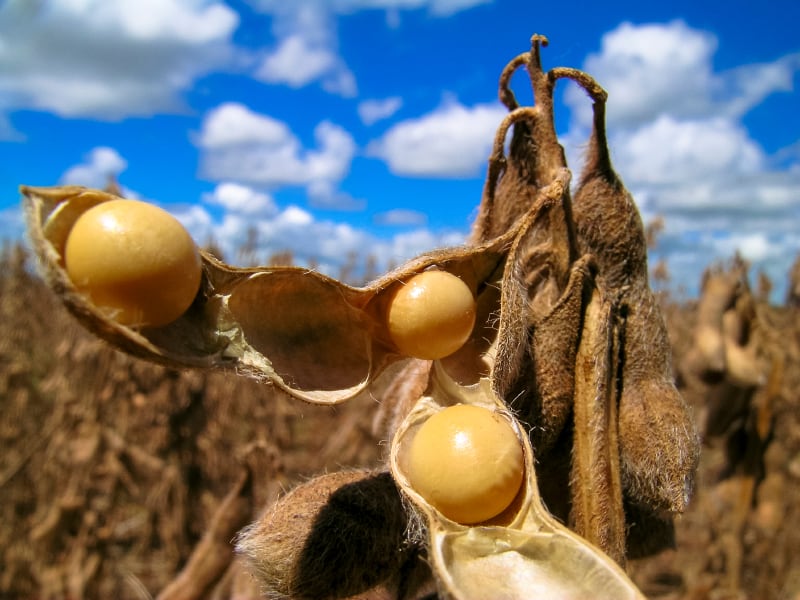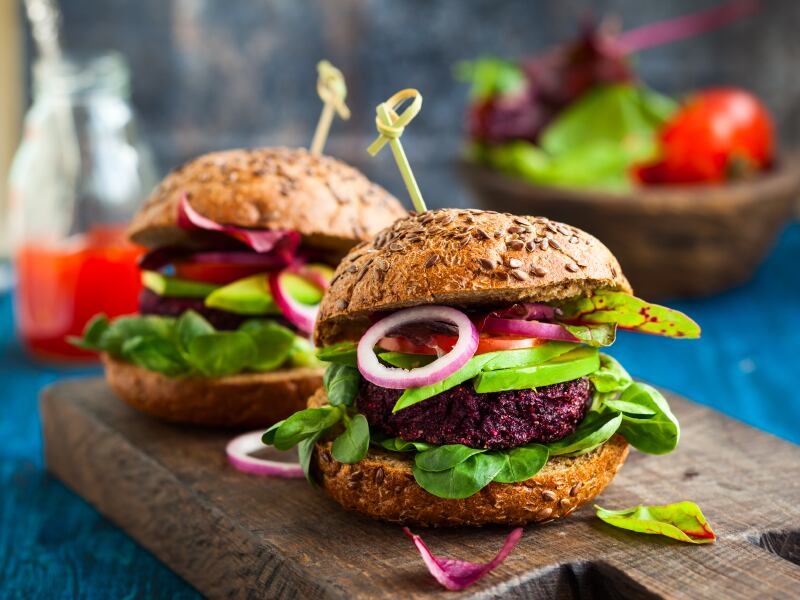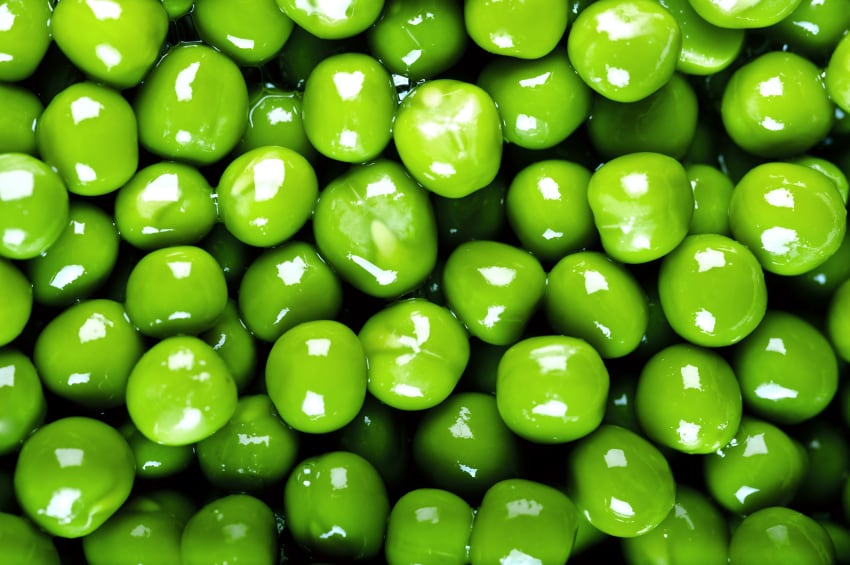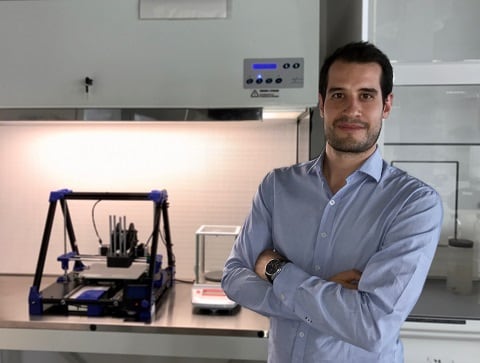Demand for meat alternatives is rising in many parts of the EU, the Commission noted in a new report published today, and 90% of these are eaten by flexitarians – defined as consumers who are limiting their intake of meat.
The market for pulses is also benefitting from innovations in pre-cooking processes, their inclusion in prepared convenience foods and the development of new pulses such as edamame. Close to 40 pulses are also recognised by characteristics linked to their place of production, for example Santorini faba beans and Armuña lentils from Greece and Spain respectively.
Local production of these crops has “grown dynamically” in recent years, the Commission noted. The soya area in the EU has doubled to almost one million hectares since the Common Agricultural Policy (CAP) reform in 2013, with an EU production of 2.8 million tonnes in 2018. Since 2013, production of pulses has almost tripled and reached six million tonnes (2.6 million hectares) in 2018.
However, due to “market and climatic factors” this is not sufficient to cover the growing demand, said agriculture commissioner Phil Hogan.
Indeed, 17 million tonnes plant proteins are imported every year – of which 13 million tonnes are soy based, mainly from Brazil, Argentina and the US. When it comes to soya, Europe is only 5% self-sufficient.
Importing such commodities can create a number of headaches for manufacturers – non-genetically modified soy is very difficult to source, for example. Soya has also been linked to deforestation, rural conflict and environmental pollution in South America. Earlier this week a number of member states joined forces to call on the Commission to work up an “ambitious" EU Action Plan on deforestation and “step up its efforts” on the issue.
Europe could also relieve pressure by growing more plant-based proteins here. Hogan called for an EU-wide debate on how to do this in a “sustainable way”. The proposals he presented include support via the CAP, more research and innovation and improved market analysis. Next year, there will also be €200 million available to “promote the benefits of plant protein for nutrition, health, climate and environment”.
However, environmental campaigners gave the new proposals a luke-warm reception. Friends of the Earth Europe (FOEE) said the plans fail to address the “root cause” of high demand for protein crops – an increase in intensively-reared livestock. In 2016/17, demand for plant proteins amounted to 27 million tonnes of crude protein, of which 93% by volume ended up as animal feed. Only 7% were for human consumption (despite the higher margins for producers).
“Without cutting industrial animal production and slashing the number of animals we farm, we will simply move the problems of intensive soy production to the EU," said FOEE food and farming campaigner Adrian Bebb.
FOEE this week launched its own ‘protein plan’ for Europe, which would “drastically reduce production and consumption of industrial meat and dairy products, diversify protein crops in the EU for human food, and support sustainable small-scale animal agriculture”.
The Commission’s report recognised that changing consumer behaviour and preferences – including “rebalancing plant versus animal protein in human consumption and eco-friendly agriculture” – will influence growth of the plant protein sector in the years to come. The annual growth rates for meat and dairy alternatives of 14 % and 11 % respectively were also “particularly promising”.




